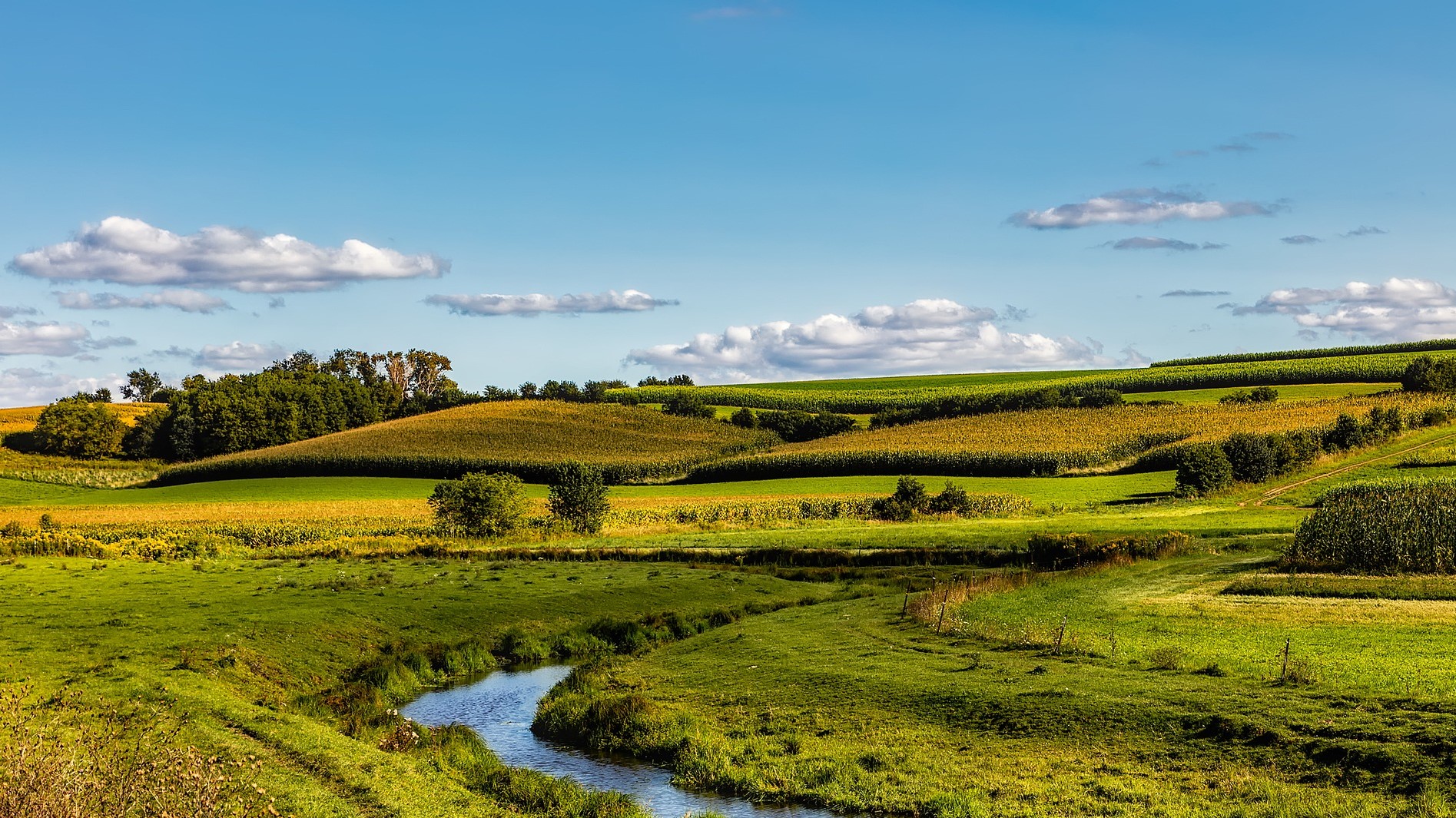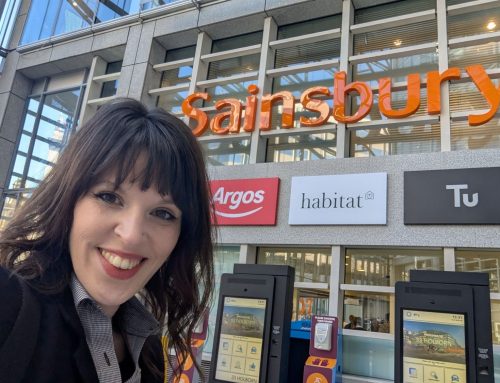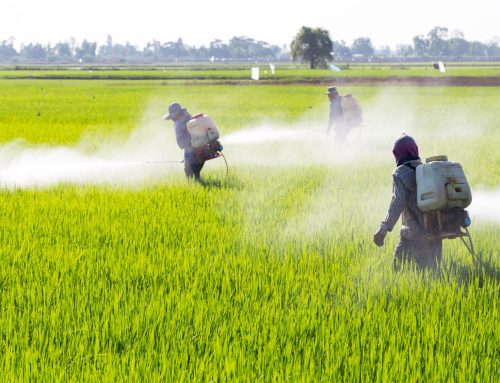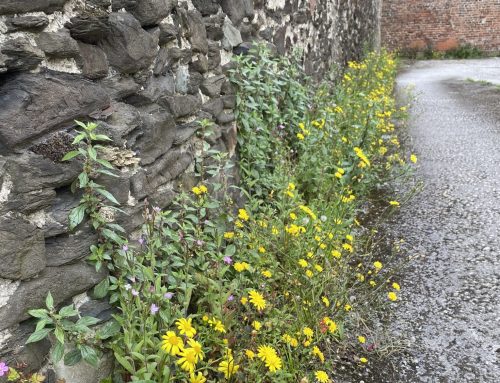Today (Tuesday 27th February) DEFRA launched a consultation entitled ‘Health and Harmony – The future of farming, food and the environment in a green Brexit’. The government has labelled the ten-week consultation period a once-in-a-generation opportunity for farmers, landowners and food producers to shape the future of English farming and the environment.
It’s vital that the government hears from as many people as possible before 8th May so we can create a farming system which works for both people and planet. Share your thoughts via the online consultation form.
PAN UK will be making a detailed, formal submission outlining our vision for agriculture post-Brexit. But in the meantime below are our ‘Five Steps Towards a More Sustainable Farming System’.

Step 1: Use subsidies to promote greener agricultural practices, support farmers and protect our countryside
The UK should move away from a system of flat rate acreage subsidy to one that supports practices that enhance biodiversity. Growing a wider variety of food, with more mixed agriculture, wider crop rotations and lower field size will create more resilient and sustainable farming systems better able to cope with and help tackle climate change. There need not be a conflict between productivity and sustainability – it is possible to have both.
Step 2: Establish strong regulatory controls on pesticides including targets and incentives to cut pesticide use
It is possible to cut pesticide use while maintaining yields and profits, but farmers need help and incentives to do so. The UK should introduce a national target to cut pesticide use, ban the most Highly Hazardous Pesticides and promote less harmful and non-chemical methods of managing pests, diseases and weeds.
Step 3: Support farmers wanting to adopt more environmentally friendly practices – including organic – with training and practical research
Invest in research to develop and improve sustainable farming approaches and provide training and advice to those who want help to adopt them.
Step 4: Support diverse, family and small-scale farms
Target subsidies to support a thriving and diverse farming sector by giving small and medium scale farmers – not just big agribusiness – a greater share of the subsidies and help them to access markets. This will encourage young people to stay in the industry and reverse the exodus from the sector
Step 5: Support the organic sector to grow
Organic farmers in the UK receive much less support than their continental peers, and as a result organic farming only accounts for about 2%of UK production, compared to as much as 10%in some European countries. The new system should provide more support to help farmers convert to organic and drive market demand for organic products.
For more information, visit our Brexit page.





